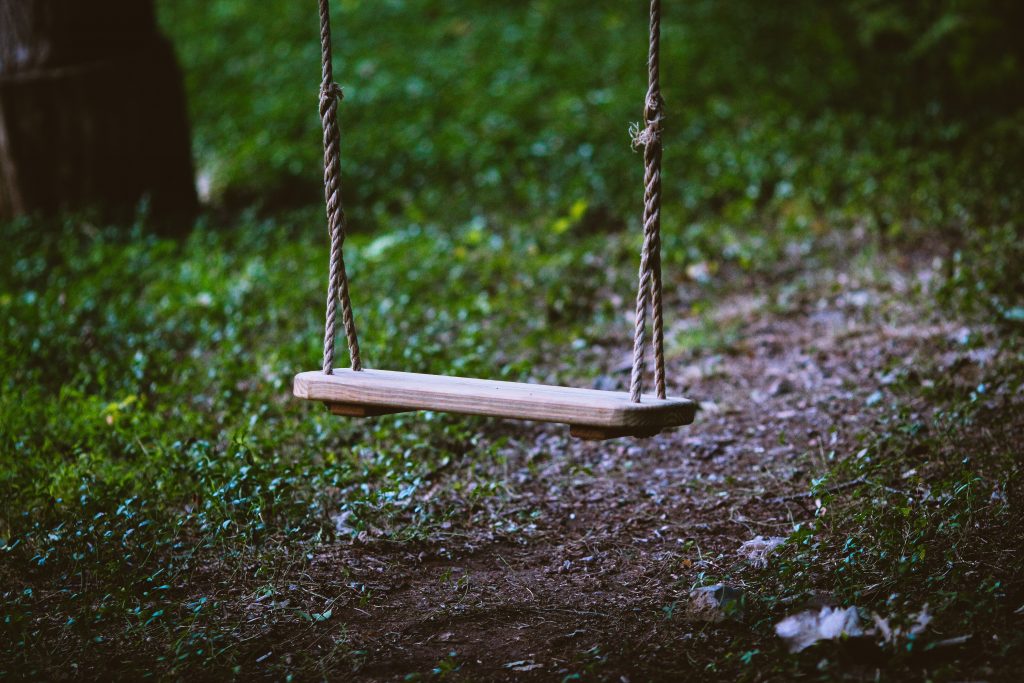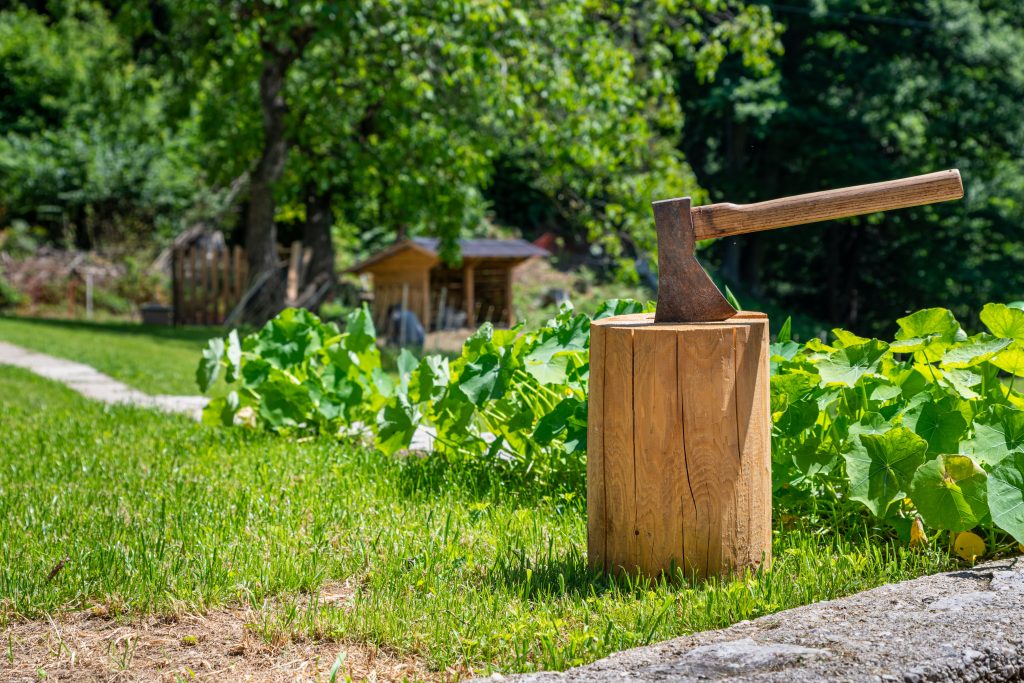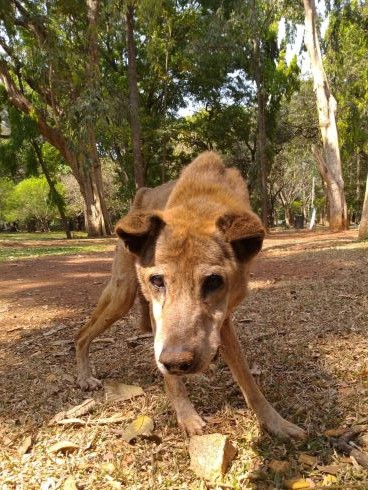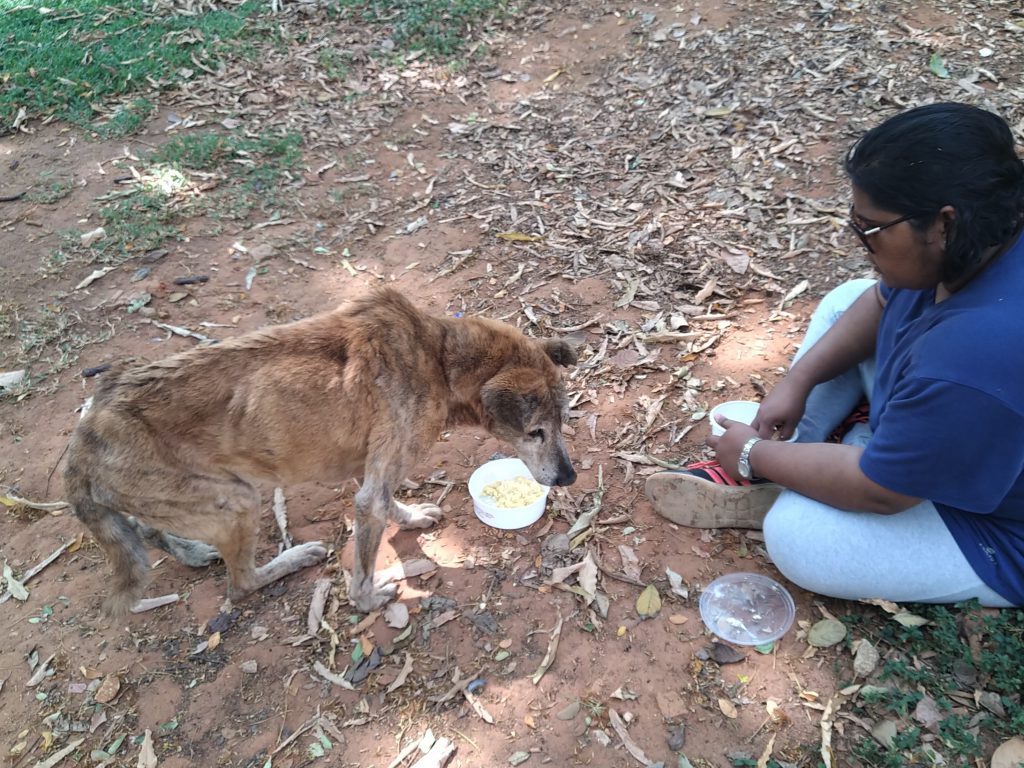
Beedi Jalaile Jigar Se Piya, Daddy sang softly under his breath to the tune of a popular lullaby. Meera was falling asleep in the crook of Daddy’s arm, worn down by the punishing summer heat; unaware of the nuances of Daddy’s tunes. There Daddy stood, against the door frame staring into the night, dressed in his creased office wear, rocking lightly on the balls of his feet like a nervous novice.
Ammamma sat at the dining table, chopping vegetables for salad, watching with a smile, the happy picture that Daddy painted.
“You caught a good one, Mummy!” Ammamma mumbled in Malayalam, aware that her daughter could barely hear her in the kitchen and that Daddy could not follow.
What was that?, Mummy’s head popped out of the kitchen.
Isn’t Daddy amazing, I was saying… Ammamma paused. He’s such a hands-on parent, helping you put Meera to sleep.
Mummy was yet to put the laundry out to dry and find Meera’s white uniform from the washed pile. The evening was getting away from her and Mummy was in no mood to pander.
“You do know that she’s his child too, don’t you?” she shot back. “He’s not doing me a favour”.
Ammamma wasn’t one to back down. “You know what your problem is? You don’t know how to take a compliment. Forget I said anything.”
“That’s better”, Mummy shouted over the whistling pressure cooker.
Mummy was jumping through hoops to pull an acceptable dinner out of the hat. Acceptable was a relative term in this household. The same Ammamma whose brain could conceive nothing ill of Daddy, often saved her best jabs for Mummy. Ammamma’s scale measured behaviours between Amazing and Atrocious. And then there was the ambivalent Acceptable in the middle.
“Get through dinner. One day at a time. You can do this. Let it slide.” Mummy muttered, expending her anger with a brisk washing of rice.
Thumbi Vaa Thumba Kudathin… Mummy hummed as she tried to calm herself down, washing the rice till the water ran clear. It was an old film song from the 80s that Ammamma used to sing to her as a child. It was picturised around a happy family before tragedy struck. Sometimes Mummy imagined that her entire aesthetic as an architect came from this one song. The grey tones with bursts of colour. The fantastical whimsy, lingering nostalgia and spots of sadness. The lines called on a dragonfly to get on the swing and swing to the sky and back. It spoke of playing with magical horses, listening to celestial music and climbing candy mountains to get amla that wasn’t bitter. ‘Lines from old songs, sweet as honey on your lips…’ Oftentimes, Mummy called upon this particular line from the song to make her feel better. And for a fleeting second she stopped to consider the song that would comfort her child as an adult.



